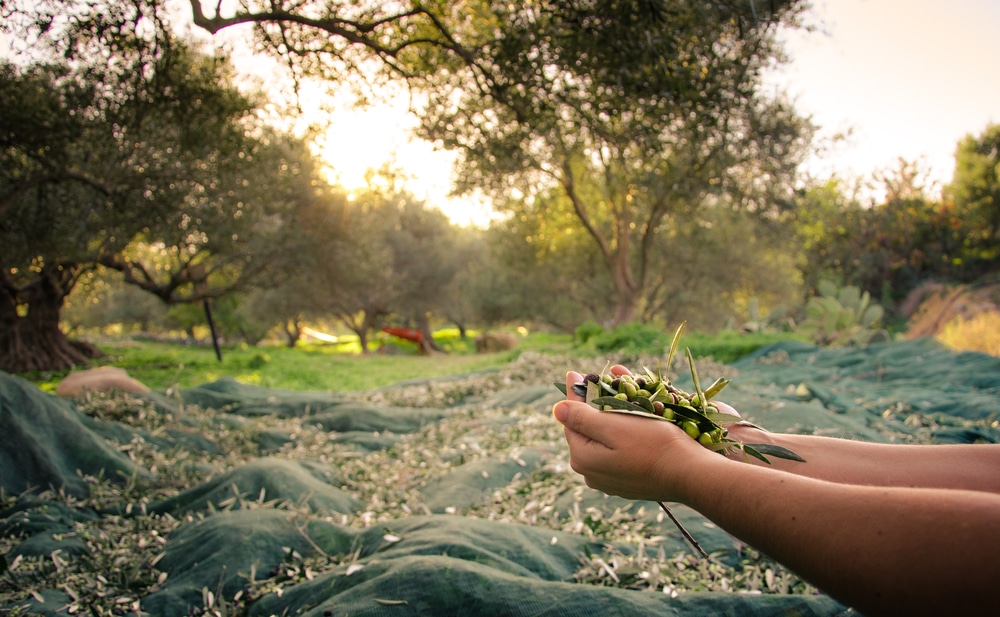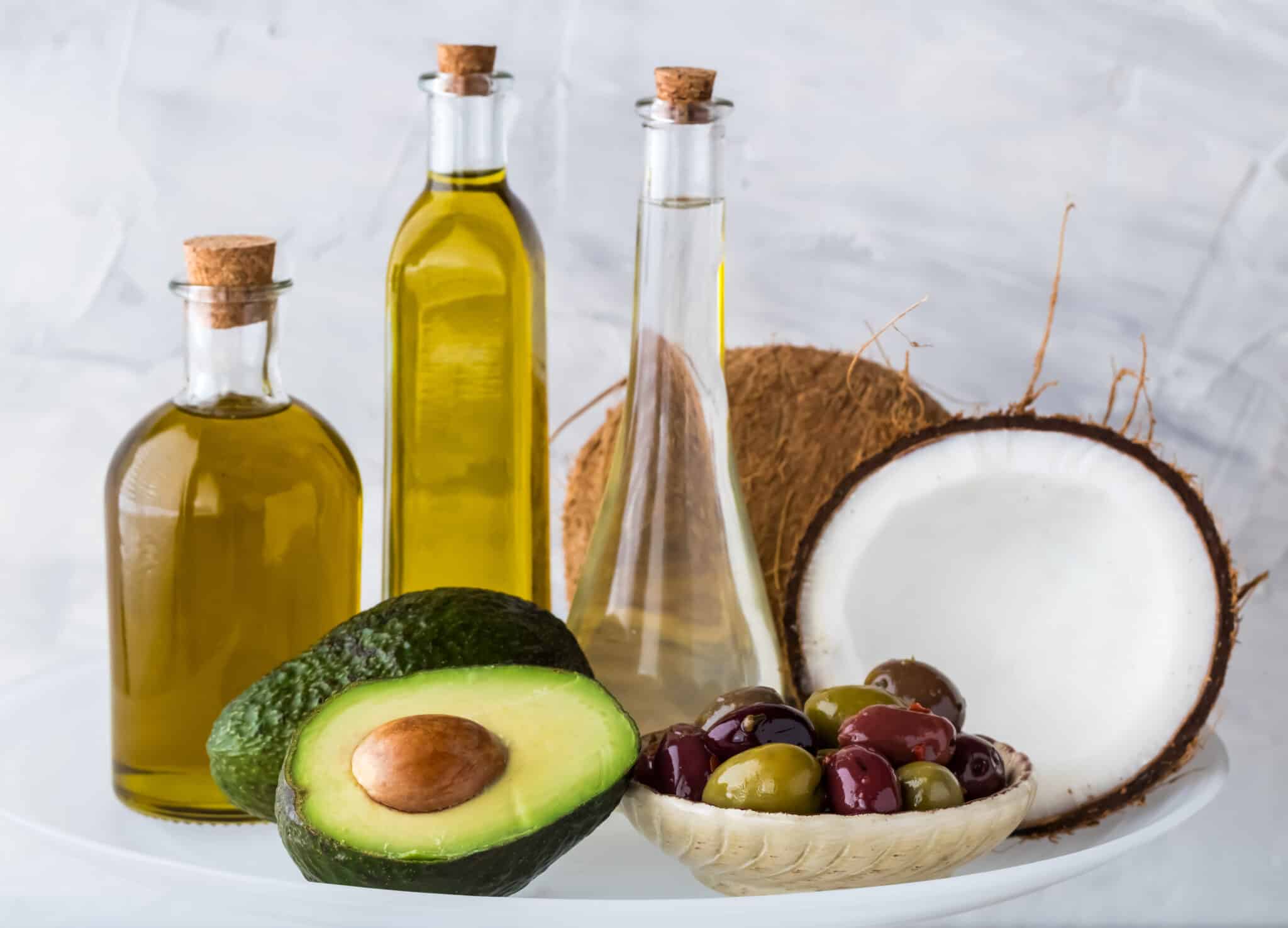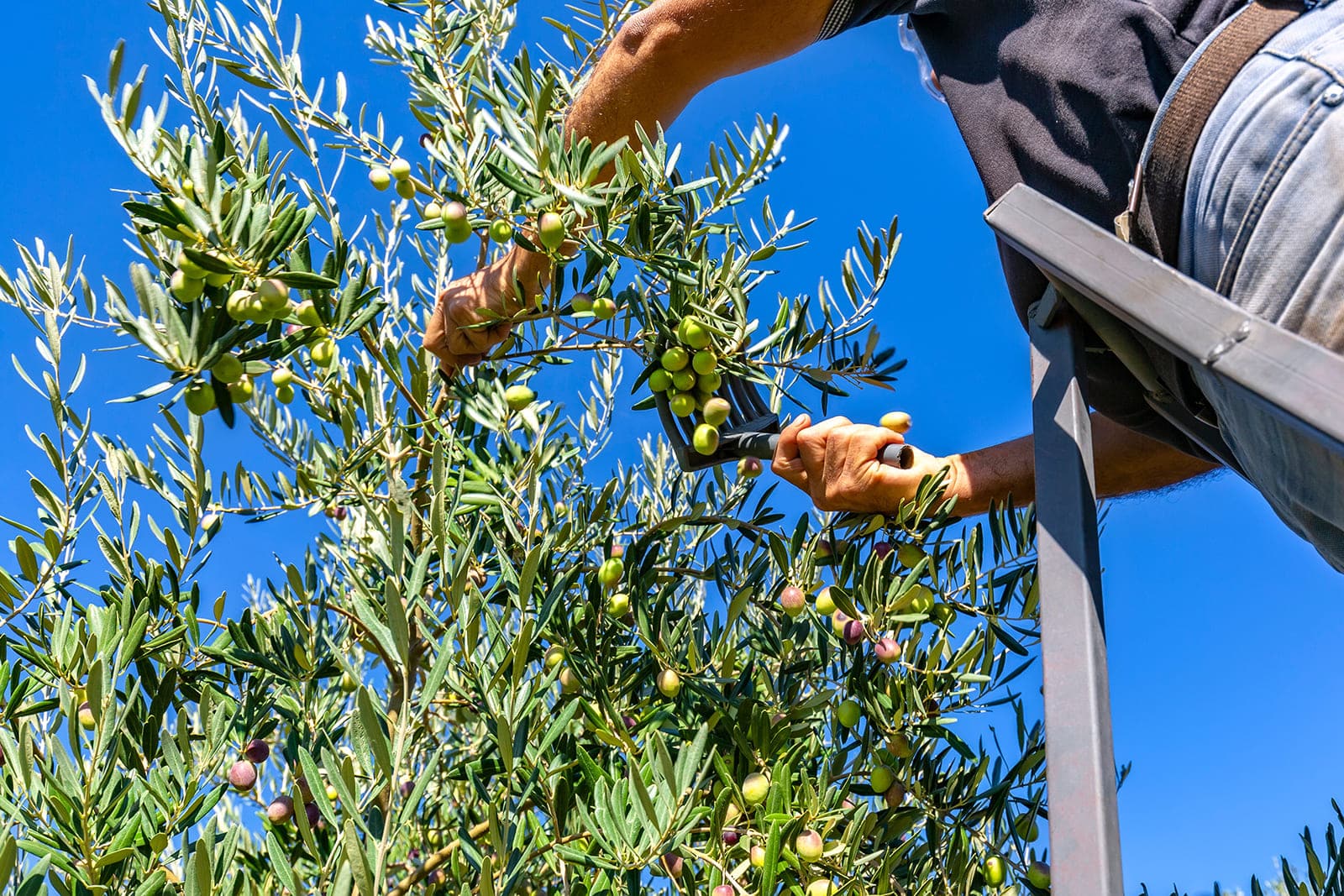Olive oil production has been on the rise in recent years, although a slight decline is expected next year due to this year’s weather and harvests. The awareness of its exceptional nutritional properties has fueled its popularity across the globe, leading to a significant growth in the industry. Countries that traditionally did not have a strong presence in this sector have now developed a keen interest in cultivating and producing this esteemed “yellow gold.”
List of countries by olive oil production
Olive oil production is primarily concentrated in countries within the Mediterranean basin, which boasts ideal climatic conditions for cultivating this traditional tree. The expertise of skilled professionals also plays a crucial role, as cultivation and harvesting techniques directly impact the quality of olive oil produced by each country.
What about the rest of the world? There is also an important production activity around this delicacy: more than fifty countries around the world produce olive oil. In this list of countries by quantity of olive oil production you can find out about them:
- Spain
- Italy
- Morocco
- Turkey
- Greece
- Egypt
- Portugal
- Tunisia
- Algeria
- Syria
- Argentina
- Jordan
- Peru
- United States
- Libya
Top olive oil producing countries
The top olive oil producing countries list can change every year depending on, for example, climatic factors. Here are some noteworthy countries:
Spain takes the lead
Spain is the world leader according to olive oil surface area, production and exports. With a rich history of olive cultivation dating back to Roman times, Spain accounts for 70% of European production and 45% of global production. This success is attributed to a technologically advanced industry, particularly in Andalusia, the birthplace of Italica Olive Oil.
Italy comes next
Italy ranks as the second-largest producer of olive oil worldwide. It contributes approximately 25-30% of global production, with an annual output of up to 500,000 tons. Regions like Puglia and Sicily play a significant role in Italy’s olive oil production.
The charm of Tunisia
Africa stands out as a leading olive oil producer outside of Europe. While Morocco holds a favorable position in the ranking, Tunisia is home to the largest traditional olive grove estate globally, spanning 16,800 hectares in the coastal city of Sfax.
Turkey: a promising future
This country has been climbing up the rankings in recent years thanks to its climatic conditions and the increase in the number of olive trees planted. With production figures surpassing 1.5 million, Turkey is expected to continue gaining position in the future.
What about at home?
The tradition of olive growing in the United States dates back over 150 years. Olive oil production is prominent on the West Coast, particularly in California and Oregon. States such as Arizona, Florida, Texas, Georgia, and Hawaii also contribute to domestic olive oil production.
The rising value of this product has significantly influenced olive oil production worldwide, prompting more countries to establish their own olive groves to ensure high-quality products. As this trend continues, the future of olive oil production by country looks promising, with more nations embracing this ancient tradition and striving to deliver exceptional olive oil to consumers around the world.





